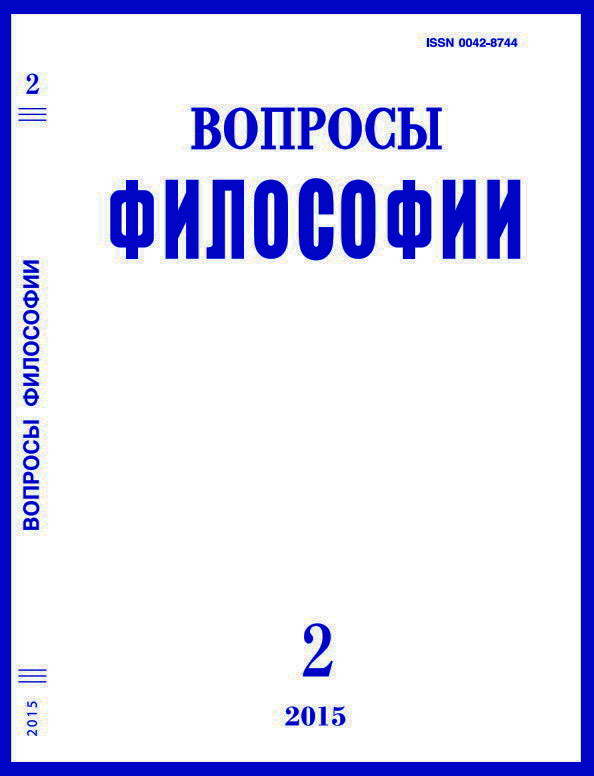Linguistic Foundations of Buddhist Epistemology and Logic
Keywords:
influence of the features of language on pramāṇavāda, influence of the theory of language on pramāṇavāda, kalpanā, foundations of Indian epistemology and logic, mental construction.Abstract
The main issue of the paper is the foundations of Indian epistemology and logic foremost
their categorical apparatus. We examine two linguistic determinations of that apparatus: an
influence of the features of language (saṁskṛta) and an influence of the theory of language
(vyākaraṇa). The author demonstrates textual evidences of an influence of grammar on Buddhist
epistemology and logic (pramāṇаvāda) via doctrine of nyāya, which was expressed in “Nyāyasūtra”
by Gotama and in the commentary on it by Vātsyāyana. Nyāya epistemology included
categorization of the process of knowing by Gotama which was made with the help of the system
of kāraka by Pāṇini. Buddhists began to use that categorization for epistemological and logical
discussions. Dignāga himself also borrowed classification of varieties of words from Pataṇjali’s
Mahābhaṣya on Pāṇini’s Aṣṭаdhyāyī. The process of designation of the results of perception was
regarded in the Yogacāra’s epistemology as a kind of mental construction – kalpanā. Those
definitions of kalpanā, which we find in Yogacāra’s texts, find out the lack of coincidence in
their understanding of status of logic. Dignāga saw that logic could be separate from epistemology
and ontology, that logic was a description of third reality – reality of consciousness. He
also thought that description was a product of conventional verbal practice. The definitions of
kalpanā by Dharmakīrti and Dharmottara were more careful in the sense of understanding of status
of logic. They still considered anumānavāda as a part of pramāṇavāda. The kinds of mental
constructions which were named by yogacārins (pratītiḥ – the image as a result of perception,
vidhi – perceptual judgment and anumāna – inference), were much nearer to modern logical
forms as the elements of structure of knowing mind than the categories of the epistemologies of
Indian realists.

